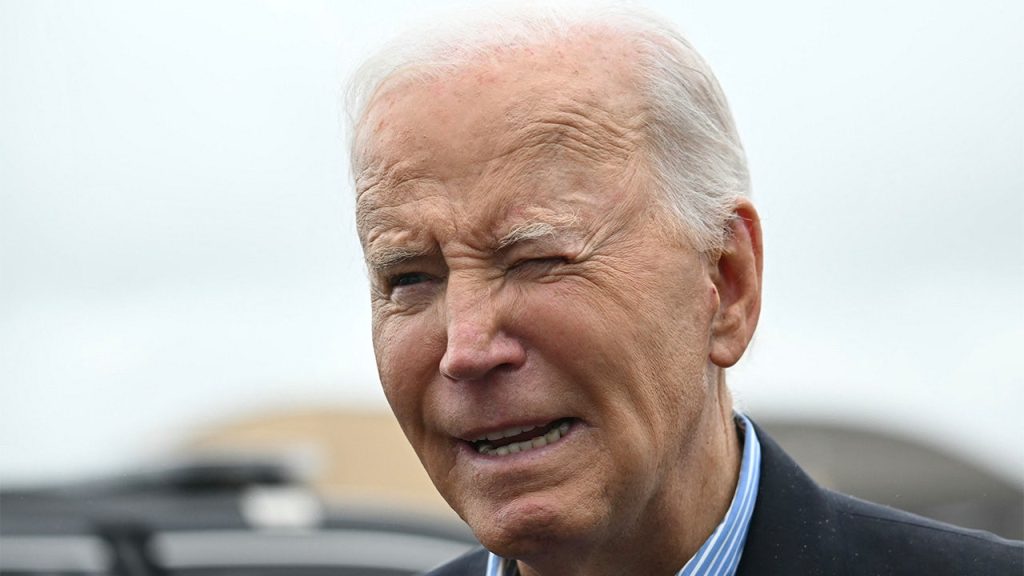President Biden has stated that he would not support an attack by Israel on Iranian nuclear sites in retaliation for Iran’s firing of 181 missiles at Israel, amid fears of a potential lethal regional war. After Israeli Prime Minister Benjamin Netanyahu vowed that Iran would pay for the attack, Biden spoke with reporters before boarding Air Force One and stated that all the leaders on a recent call agreed that Israel had the right to respond proportionally to Iran’s military strike. However, when questioned about supporting a strike on Iranian nuclear sites, Biden responded with a firm “no.” He indicated that more sanctions would be imposed on Iran and that he would speak with Netanyahu soon.
The recent missile attack by Iran has escalated tensions in the region, where the Biden administration had been leading negotiations on a cease-fire in the ongoing conflict between Israel and Hamas. Despite efforts to address the situation, the administration appears to be pessimistic about the prospects of resolving the conflict. National Security Council spokesperson John Kirby acknowledged the challenges of reaching a deal, stating that “no deal is imminent” and calling the prospects of a completed deal “daunting.” The situation seems to have worsened following the recent assault on Israel, and it remains unclear how the Biden administration plans to address the escalating tensions.
During a vice presidential debate with Republican Ohio Sen. JD Vance, Minnesota Gov. Tim Walz praised Democrat nominee Vice President Harris for her “steady leadership” in the region, emphasizing the importance of maintaining alliances and protecting forces. Vance, on the other hand, voiced support for former President Trump’s “peace through strength” policy toward Israel, suggesting that the United States should show strength to instill fear in others and maintain global stability. He emphasized that it is ultimately up to Israel to decide how to respond to threats and that the U.S. should stand by its allies in times of conflict.
The debate over how to address the escalating tensions between Israel and Iran continues, with different political figures expressing varying viewpoints on the best approach. While Biden has made it clear that he does not support an attack on Iranian nuclear sites, some, like Vance, believe in supporting Israel in its efforts to ensure its safety and security. The situation remains complex and delicate, with the potential for further escalation if not managed carefully by all parties involved. It is crucial for the Biden administration to navigate this challenging situation diplomatically and strategically to prevent a larger conflict from erupting in the region.
The involvement of Iran in the recent escalation of tensions has further complicated efforts to reach a resolution in the ongoing conflict between Israel and Hamas. The missile attack by Iran has put Israel on high alert and raised concerns about the possibility of a broader regional war. The Biden administration’s efforts to lead negotiations for a cease-fire have faced setbacks, with officials acknowledging the challenges of reaching a deal. Moving forward, it will be essential for all parties to engage in meaningful dialogue and diplomacy to defuse the situation and prevent further violence.
As tensions continue to simmer in the region, the need for strong leadership and clear communication from all parties involved becomes increasingly important. The differing viewpoints and approaches outlined by various political figures highlight the complexities of the situation and the challenges of finding a peaceful resolution. It is crucial for the Biden administration to maintain open lines of communication with key allies like Israel while also engaging in diplomatic efforts to address Iran’s provocative actions. The path forward remains uncertain, but it is imperative for all parties to work towards de-escalating tensions and promoting stability in the region.













